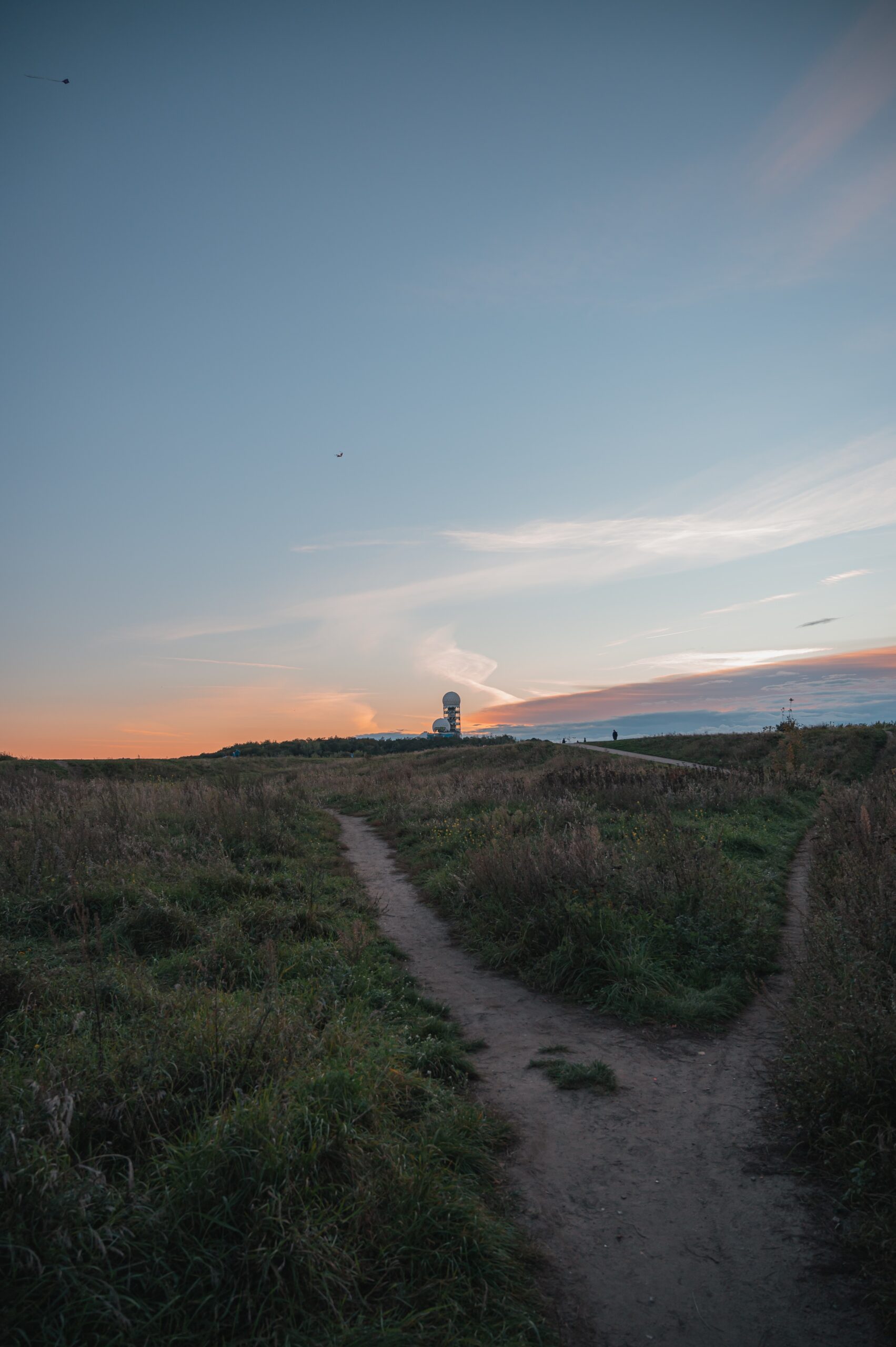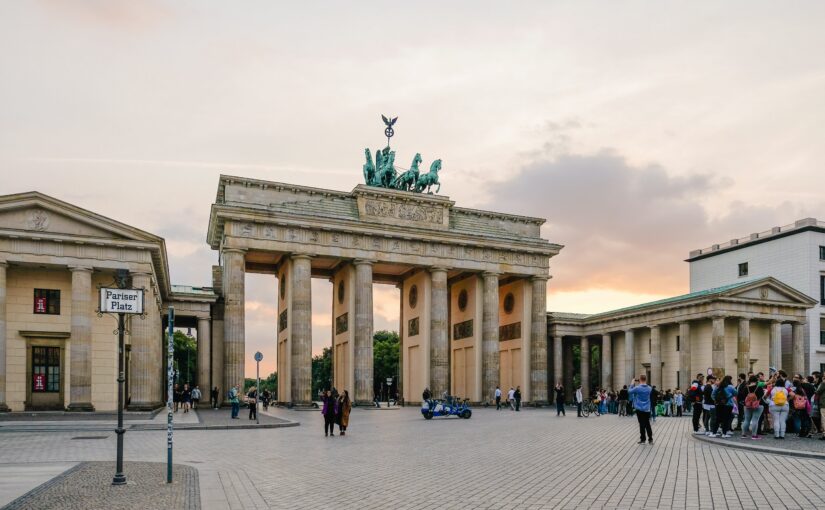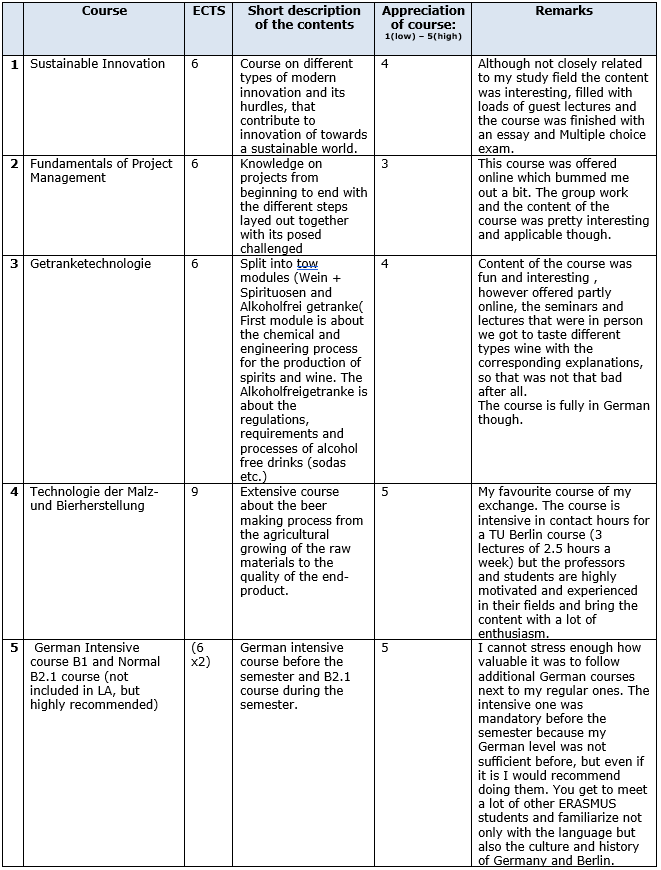Field of study in Wageningen: Food Technology (BFT)
Study period exchange: 01/09/2022 – 31/03/2023
Country (exchange): Germany
City (exchange): Berlin
University (exchange): Technical University Berlin
Faculty (exchange): Faculty III: Prozesswissenschaften
2. Motivation for exchange
Why did you choose to go on study exchange?
I went on a study exchange to broaden my knowledge in the Food technology field and dive into the valuable experience of the social chaos that an ERASMUS exchange brings along, especially in a vivid city like Berlin is.
What is the reason you chose for this country/university?
My choice was mostly based on the city itself and the courses offered by the University. Berlin has always caught my eye as an immensely interesting city with a lot of recent history which is still felt today. Together with its vibrant city- and nightlife it has been a great wish for me to experience this first-hand by living here.
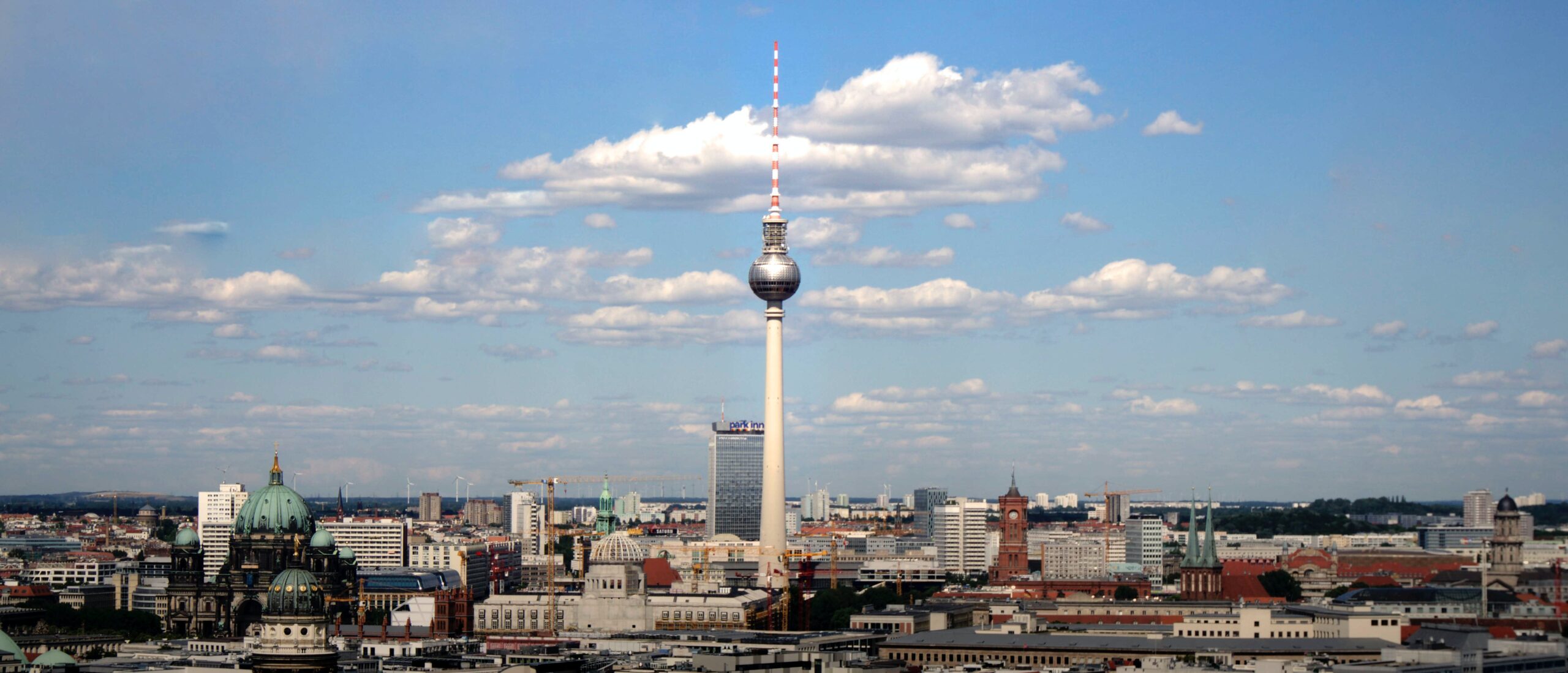
3. Accessibility to reach destination
Do you have any tips to reach your exchange destination?
Definitely either go by train or by bus. Train is your best option, since its cheap, comfortable and you have plenty space for your luggage without having to pay additional fees. Book the train ticket either through the German Deutsche Bahn or NS International, minimally a month in advance to have the best fares.
4. University and studying
Could you provide some general information about the followed courses
How is the study formalized?
Less contact hours as compared to Wageningen. One big semester with exams at the end. (note that the semester starts later and ends later so does not run in sync with the WUR one) Courses run during the entire semester which can cause for some scheduling issues but there are almost never hours where your attendance is mandatory so to can always figure a way around. Academic level is hard to estimate because most of the courses are quite different from my usual study field, but I would say the content of the course is on par or a bit lower than Wageningen but the examination seemed easier. (More reproduction and assignment focussed)
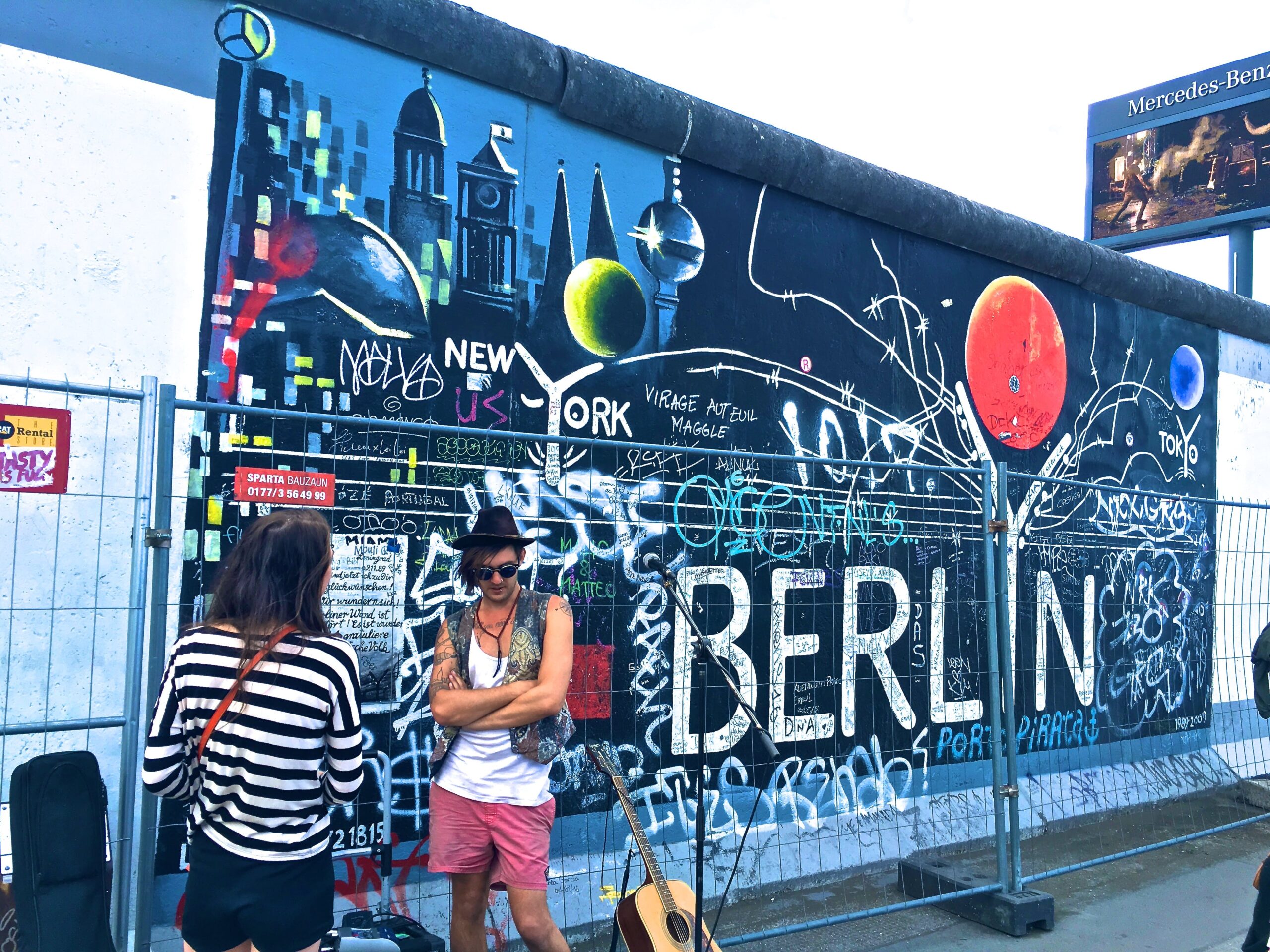
What is the culture of the university?
Culture of the university is a but more distant. Germans sure do love their overcomplicated paperwork construction for simple task, but you get used to it. Lecturers in my department were just as approachable as the ones at WUR, but I think that is more the exception than the rule.
What does the university offer the student additionally?
TU Berlin, together with the other Berlin University offer a huge variety of sports you can participate in. Its called Hochschulesport and I would definitely recommend it. Another great facility is the Mensa, where you can eat immense meals for a tiny price :).
5. Housing-travelling-living
What are the possibilities for housing?
I was lucky enough to get enrolled into one of the dorms of Studierendenwerk (similar to Idealis). I lived in a huge international dorm with 7 floors of 22 people and I think this dorm was the heart of my wonderful Berlin experience. (If you have the choice I highly recommend living at the Siegmunds Hof dorm.) Although the facilities are a bit outdated and messy, the people, price and location make it so incredibly worthwhile.
What is the culture of the country like?
I cannot really tell you, I spent my time with mostly my dormmates and ERASMUS students, the cultures I have come across are numerous, but the German student life was a bit difficult to get a hold of.
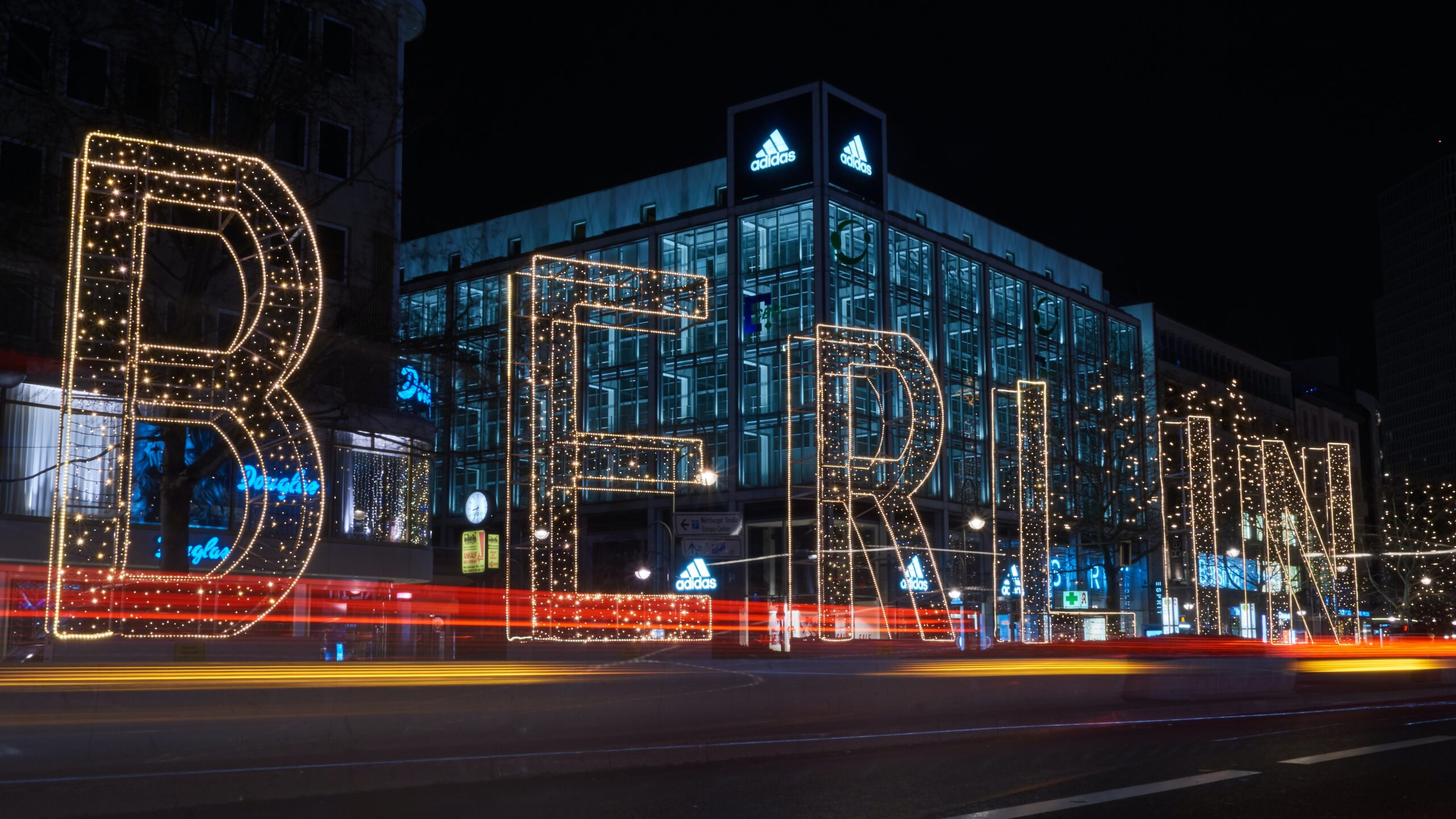
Could you give a general price indication of the place of residence compared to living in Wageningen?
If you get to live at a Studierendenwerk dorm you are in luck and you pay around 350-400 euros. If you have to find a flat in other ways (WG-gesucht for example) I have hear of people paying anywhere between 400-1200 euros a month. Could you give some information about public transport infrastructure?
Berlin public transport is amazing, you get a student card with your enrolment for the semester that includes all public transport in Berlin. The city is huge but it takes you anywhere.
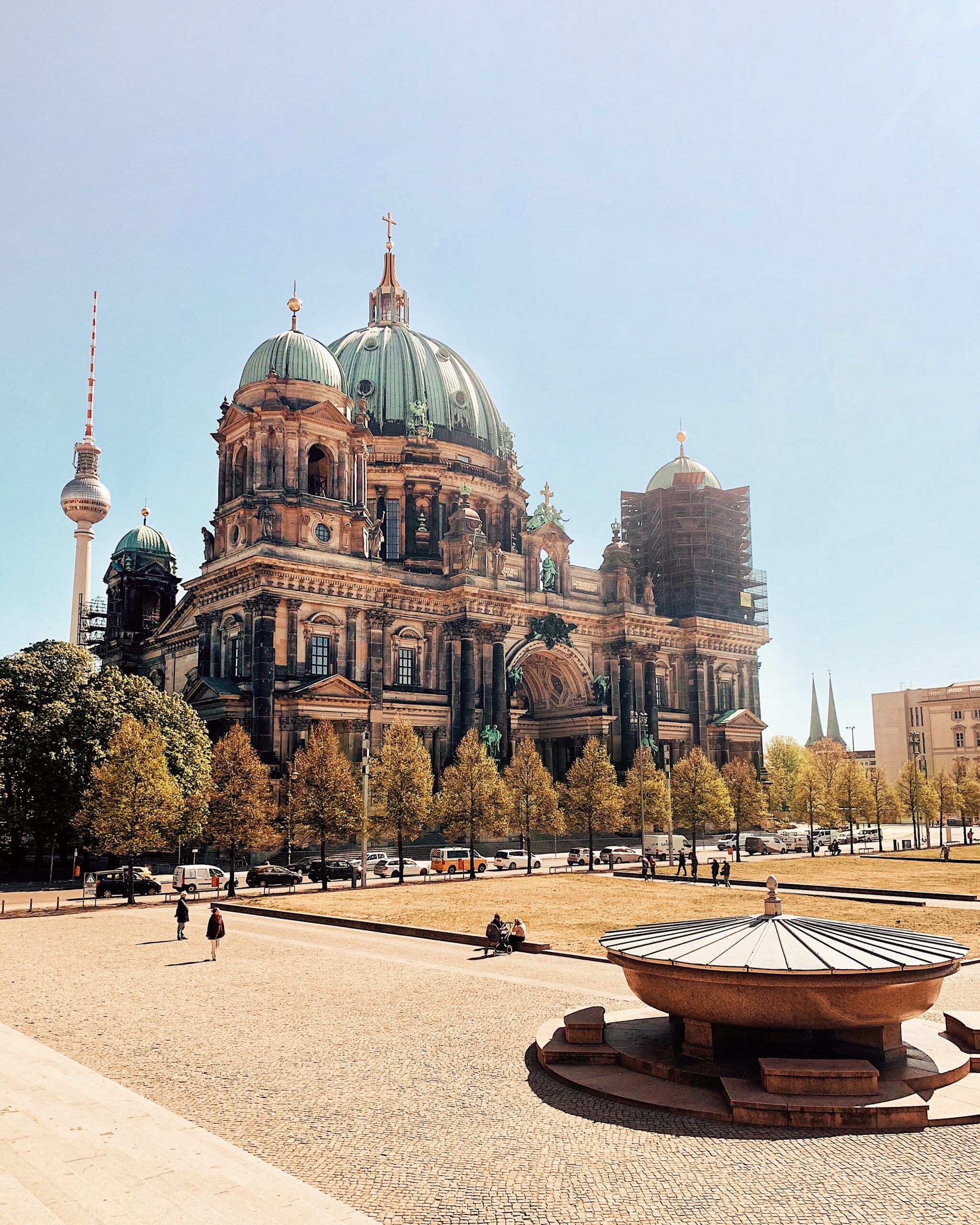
6. Free time
What are must-sees in the area?
If you are in to it I would say dive into the nightlife. (Download the Resident Advisor app and look for interesting events that suit your taste, tickets can also be purchased through the app) My personal favourites are RSO, Club OST, Alte munze and if you are there in the summer semester check out Sisyphus. Furthermore, Teufelsberg is nice and the surrounding forests are very accessible and make for perfect walks. Other destinations around berlin that are worth a try are Potsdam and cute little towns like Beelitz. Not really close but I also visited Krakow and Auschwitz with my roommates, which was an unforgettable and impressive experience.
What does not appear in the travel guide, but is worth a visit?
Something that really surprised me was all the nature that surrounds berlin, go for walks in the forest and maybe the best is to rent a kayak and go kayaking on the river through the woods in Spreewald. Get a student museum card for the national museums. It is I believe 30 euros and you can visit a lot of museums for free for the semester. There are also a lot of good and fun concerts in Berlin, look up your favourite artists and pay them a visit in the many venues.
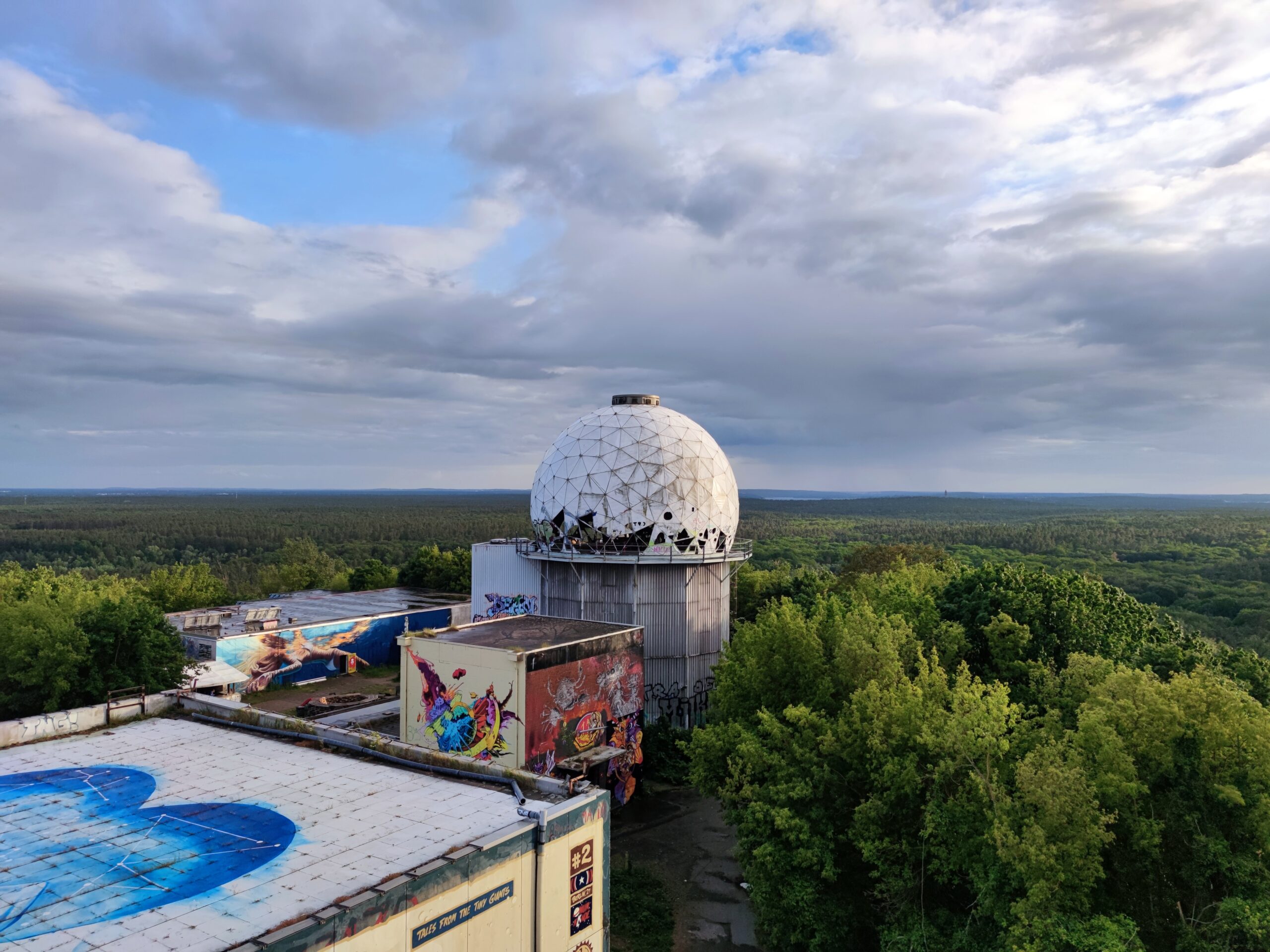
Do you have general tips and tricks about leisure time?
See the tips above. Just make the best out of all your free time.
7. Challenges & best moment abroad
What was a challenge you have experienced?
My biggest challenge was to prioritize all the activities and sights in one semester. If anything, this is a really positive challenge.
What was your best memory abroad?
As said probably the people I met in my dorm and the activities we did during our semesters together. The one that stands out is the visit to Auschwitz, to visit such a place with people from all over the world with diverse cultures was a very humbling and unifying experience.
